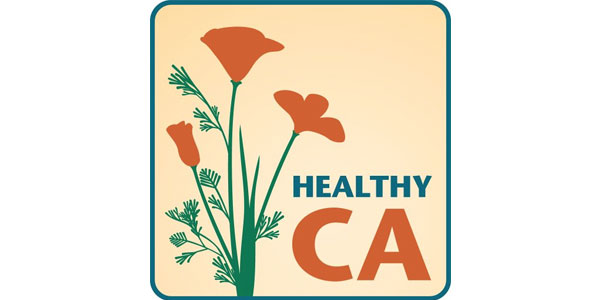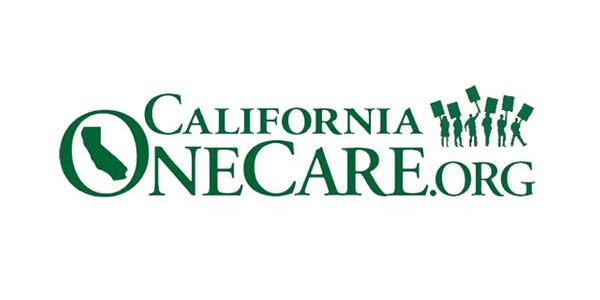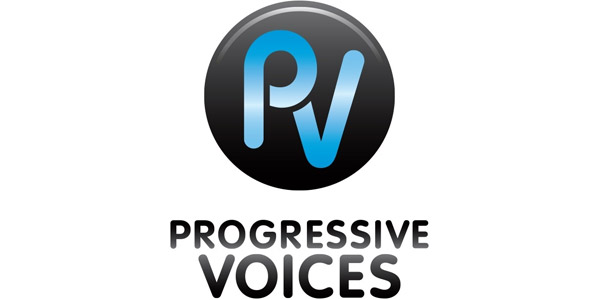My CNA Experience | The Tales of a Stroke Patient | Joyce Hoffman

After the gift basket lady from Rehab X left me with stroke-related and other assorted take-aways, a Certified Nursing Assistant (CNA), which had her name and her title right on her tag, helped me into bed because I couldn’t help myself. She left right away and, it seemed, she couldn’t get away fast enough. I wondered, does everybody treat stroke patients this way? Not even a “hi, how are you?” or “what good weather we’re having.” The CNA offered nothing.
I didn’t know what a CNA was, but I found out soon enough. They were the people who give showers, brushed hair and teeth, cleaned up urine and poop, helped with the meals, and a couple of other activities, in no particular order.
It soon became obvious: there were not enough CNAs at Rehab X to go around, or they were hiding and didn’t want to be found. If I had to guess, the typical CNA was overworked and underpaid, so I think they were hiding. There were about five places a CNA could hide and not be found for much of the day.
How do I know? To everyone else but a select few, I appeared to be a non-talker, which I was, and a non-thinker. But I was thinking all the time, and it was sort of like being in disguise. They couldn’t see my brain clicking or watch the smoke coming from my ears, as the cliches went. And that was one of the ways I got by–fooling the CNAs, on the one hand, by being mostly brainless, and, on the other, observing everything, even things I didn’t want to see.
For example, when people would wheel me around, I soon came to know where the CNAs had the opportunity to congregate without being seen. And I even saw a few CNAs in one of the rooms that were hiding from the main thoroughfare, as many as four times in a single day, not counting lunch. Not every day or all the time, but the place was ripe for the ultimate hangout.
The other element to the CNA’s job which I detested was they wouldn’t let you do anything. I don’t mean risky ventures, like getting off the toilet and into your bed, but simple things, like brushing your teeth, doing your hair, or moisturizing your face. The reason? They all said, “We don’t have time.” And if some of them let me do those things at first, it wouldn’t take long for them to commandeer my toothbrush, hairbrush, and moisturizer, and do the tasks themselves.
That process, for me, was a wasted opportunity in training, getting me back to my regular routine. If anybody would know, it was me, having been a corporate and technology trainer for twenty years. But they didn’t know that, and as much as I would have liked to tell them, I didn’t because I couldn’t speak, as much as I was itching to do it.
It was soon evident to me that I was only a body, not a person, in the CNA’s eyes. I was the prototypical eighty-five-year old. Everybody was treated the same.
Another thing I would do to get by was I screamed sometimes, and when anybody heard it–an RN, an LPN, or even a CNA (if they were available and not hiding)–they rushed into my room. I said it was coming from across the hall.
I didn’t like the deception, but it kept me from going crazy.











